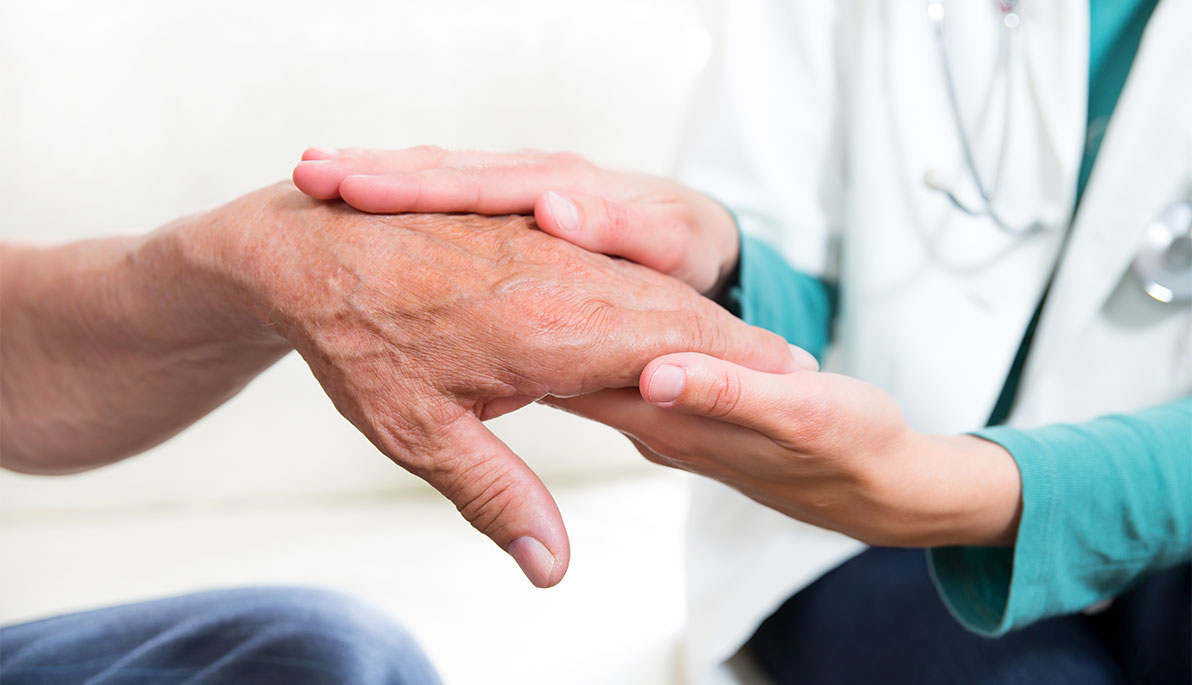News
Empathy in Medicine: RX for High-Quality, Effective Care
September 29, 2016
Empathy—the ability to understand and care about “what makes a patient tick” — plays a crucial role in medicine and medical education today, argues NYIT College of Osteopathic Medicine Dean Wolfgang Gilliar, D.O. in an op-ed published on STAT news.
Patients, he writes, certainly want skilled doctors, but their health and wellness also depends, in part, on how they relate to their physicians, and how their physicians relate to them. “A patient who feels emotionally connected to his or her doctor is more likely to disclose important medical information and to follow the doctor's advice,” Gilliar notes. “That connection can serve as the basis for true teamwork, with the patient working proactively with the medical team to improve health.”
According to Gilliar, medical schools can teach empathy through courses that emphasize relationship-building and effective communication. NYIT already helps students develop empathy outside the classroom through initiatives like its new Gold Humanism Honor Society, which recognizes students and faculty members who care for patients with compassion, empathy, and integrity. And each year, first-year students honor their “first patients,” the people who donated their bodies to science.
A “boot camp” for new students may be another solution.
“Such a program would assign students tasks encouraging them to build communication skills and address patient needs directly before they start classes and interact with the entire health team,” Gilliar writes. “A budding doctor would spend several months in a hospital or clinic helping to bathe the infirm, change bed sheets, take blood pressures, and do other things that help them connect with the humanity of their future patients. Equally important, this would foster constructive collaboration with nurses and other staff and build a firm foundation for respectful, inter-professional teamwork.”
Read Gilliar’s entire op-ed on STAT news.
This op-ed is part of an NYIT thought-leadership campaign designed to help generate awareness and build reputation for the university on topics of national relevance. Read more op-eds by NYIT experts.




